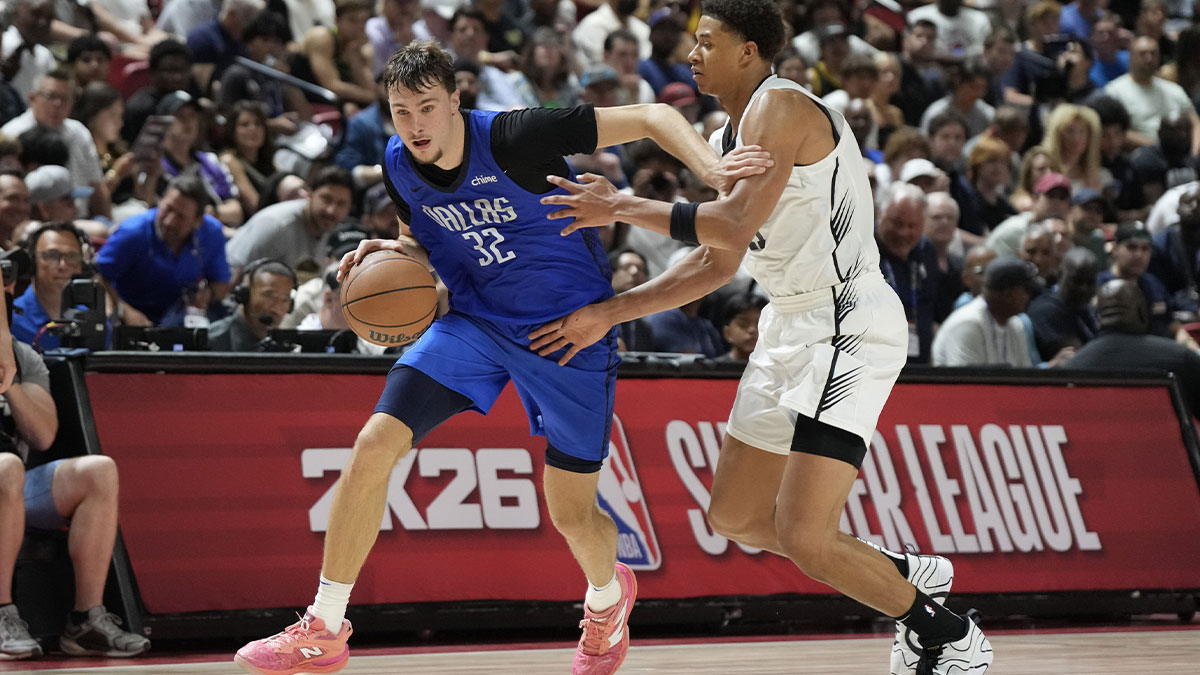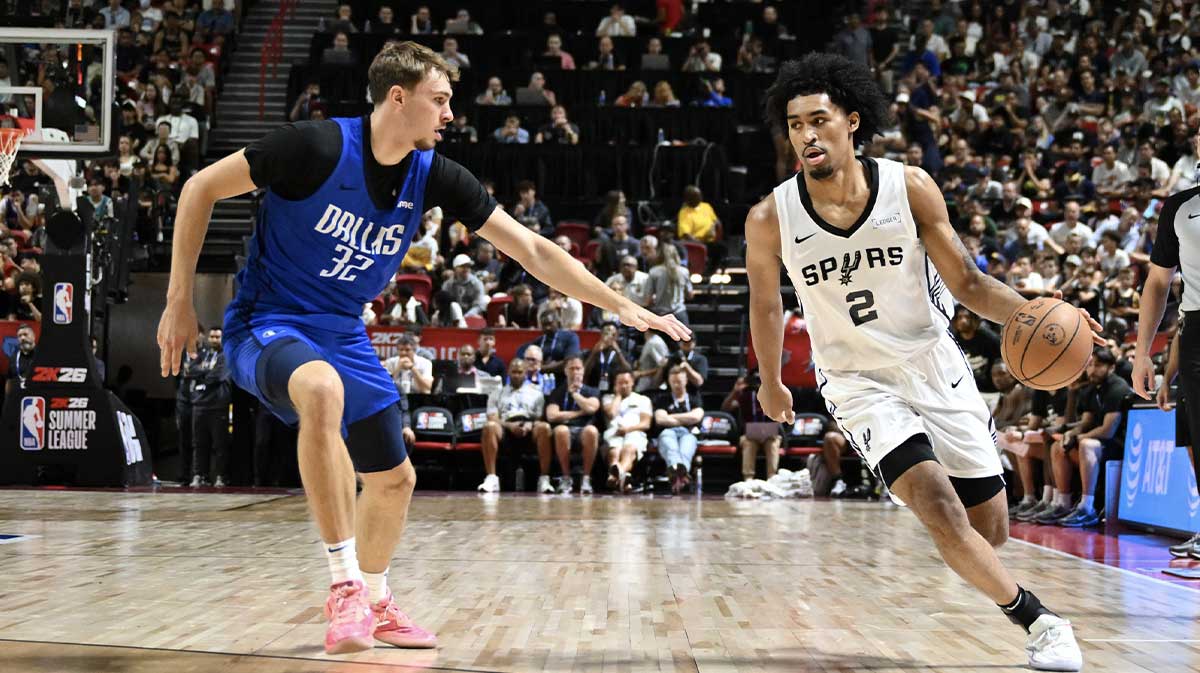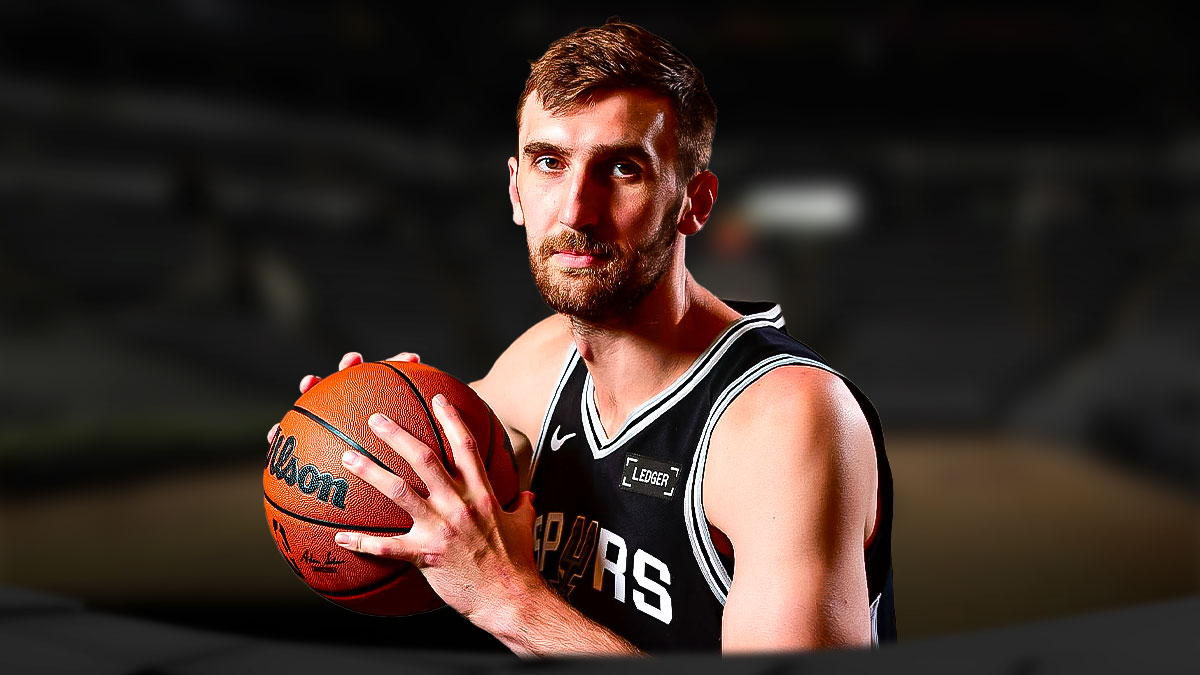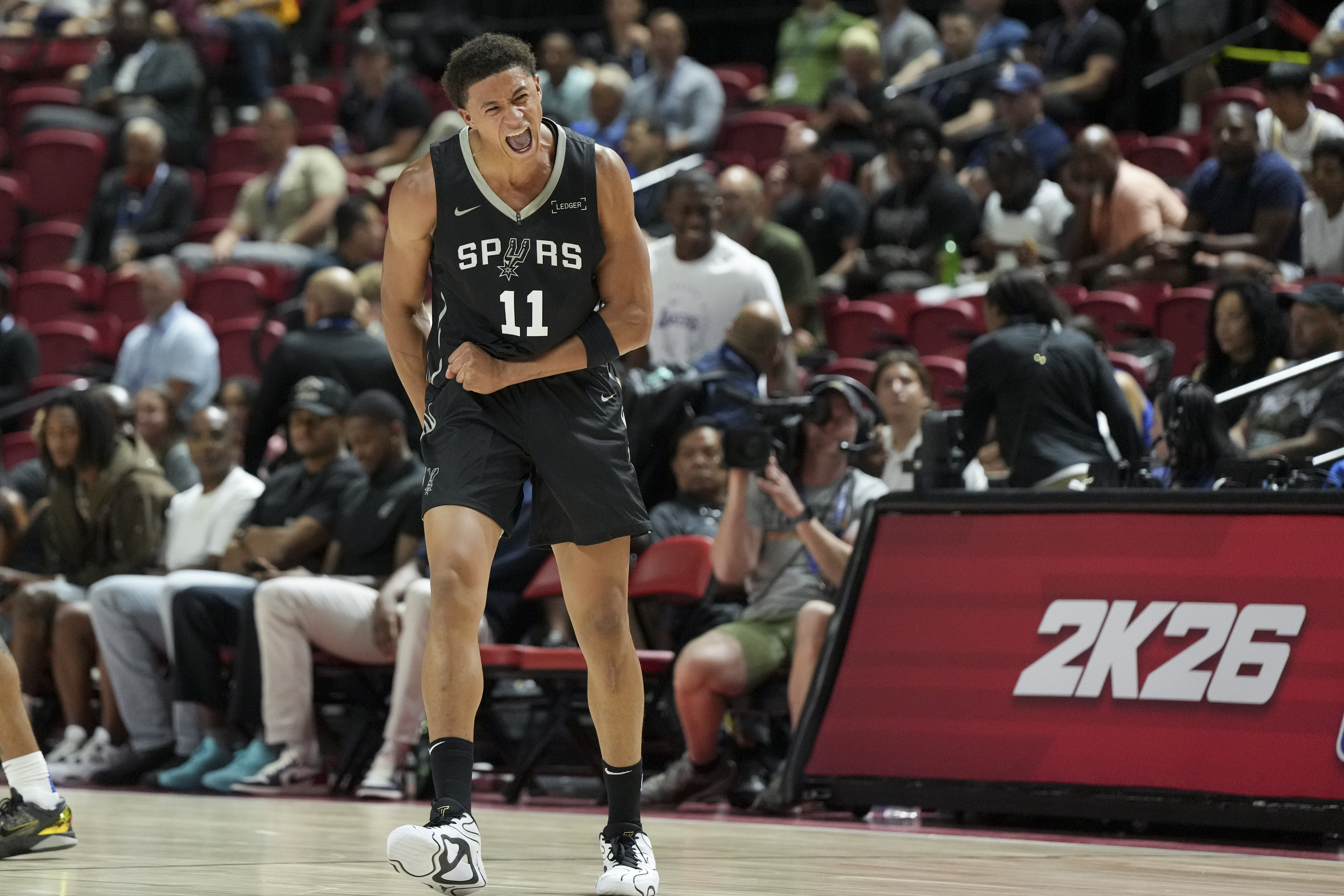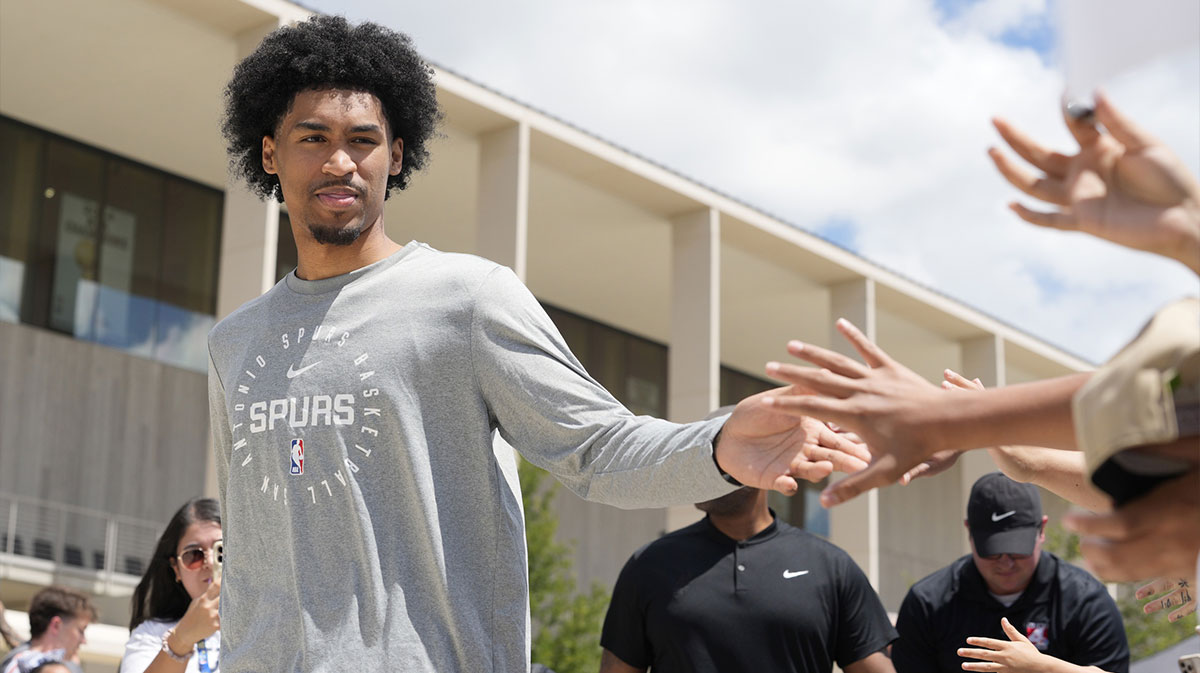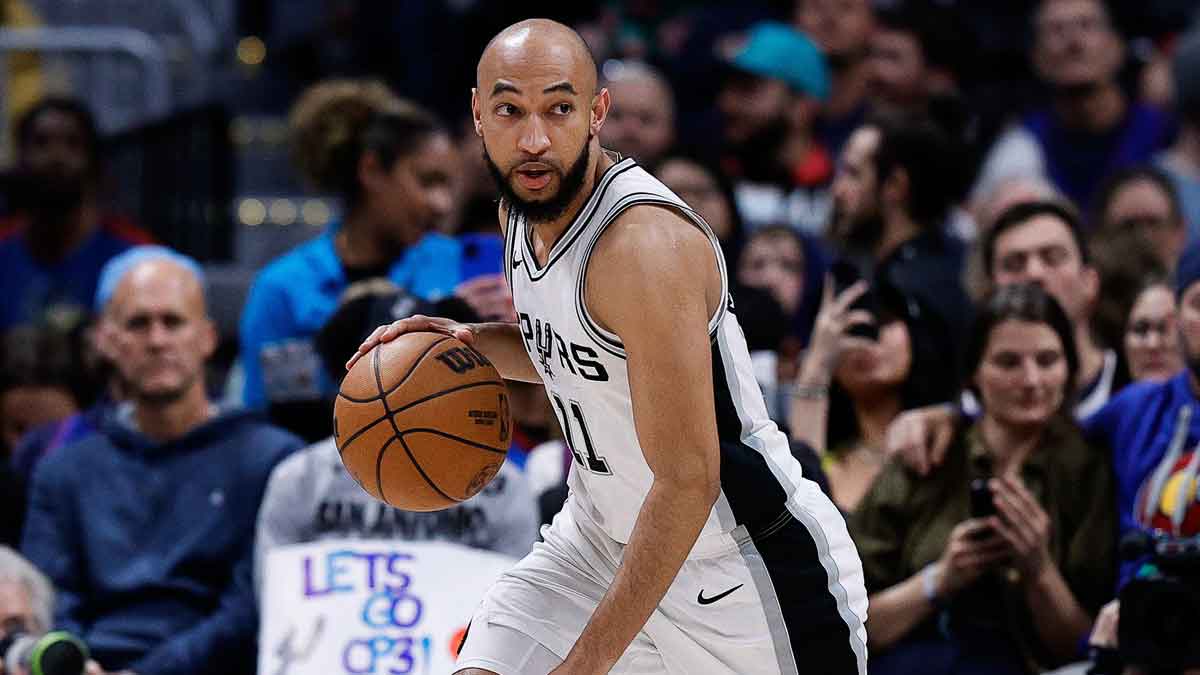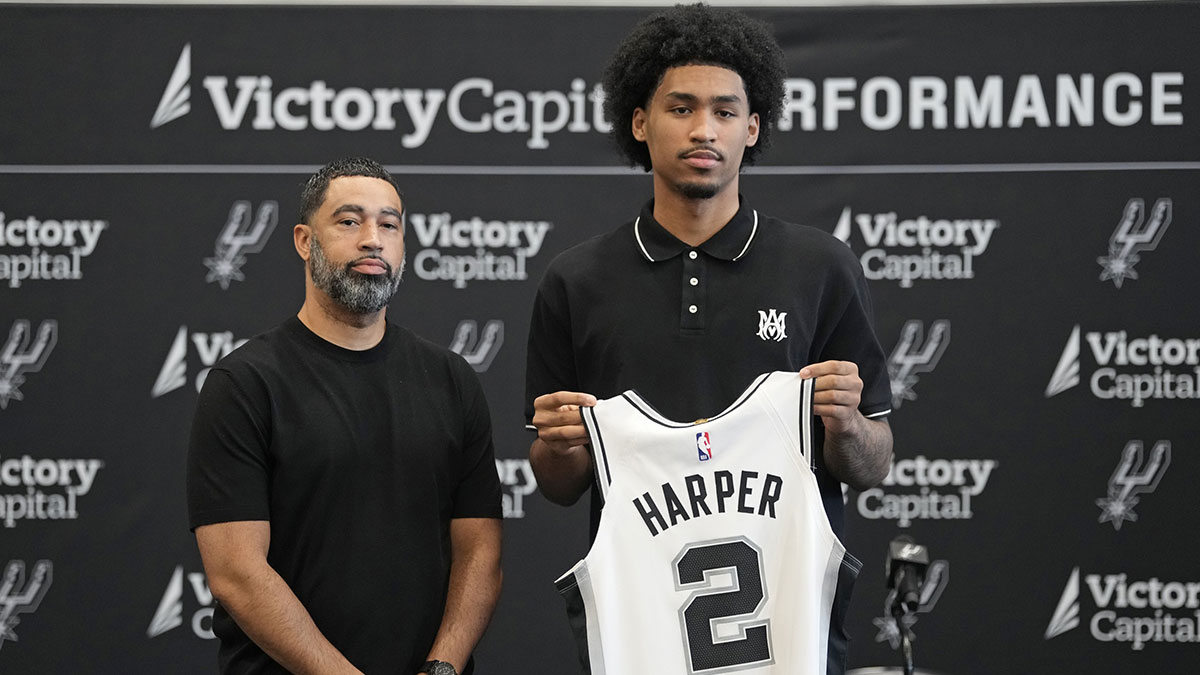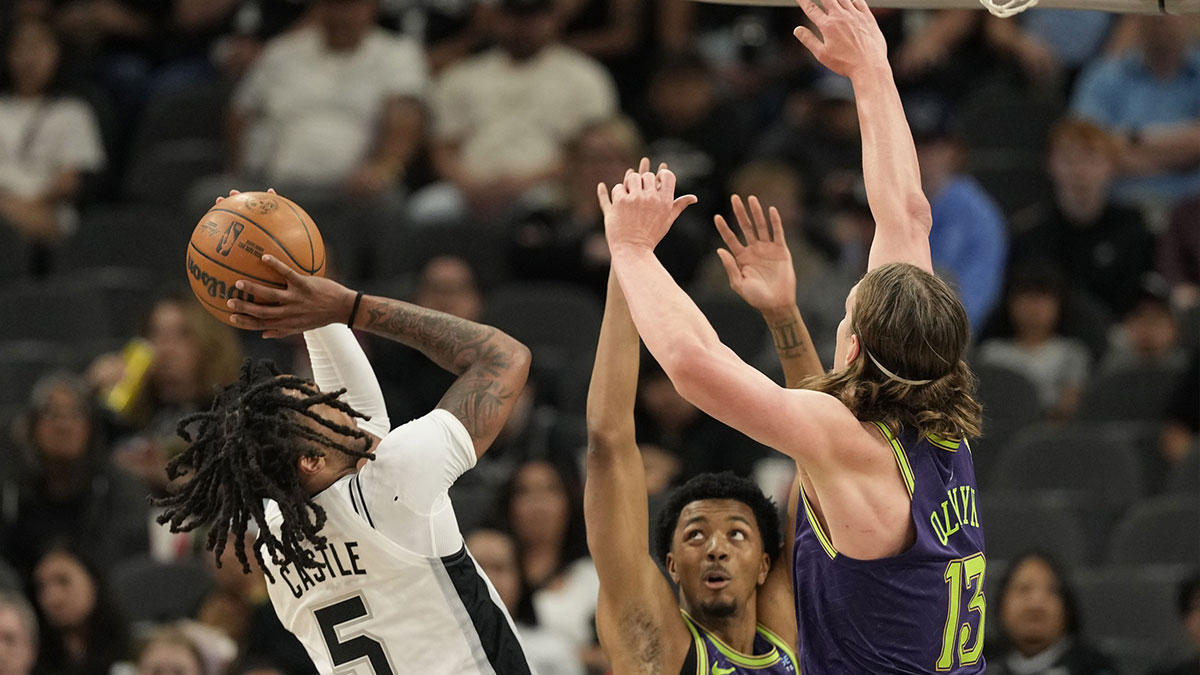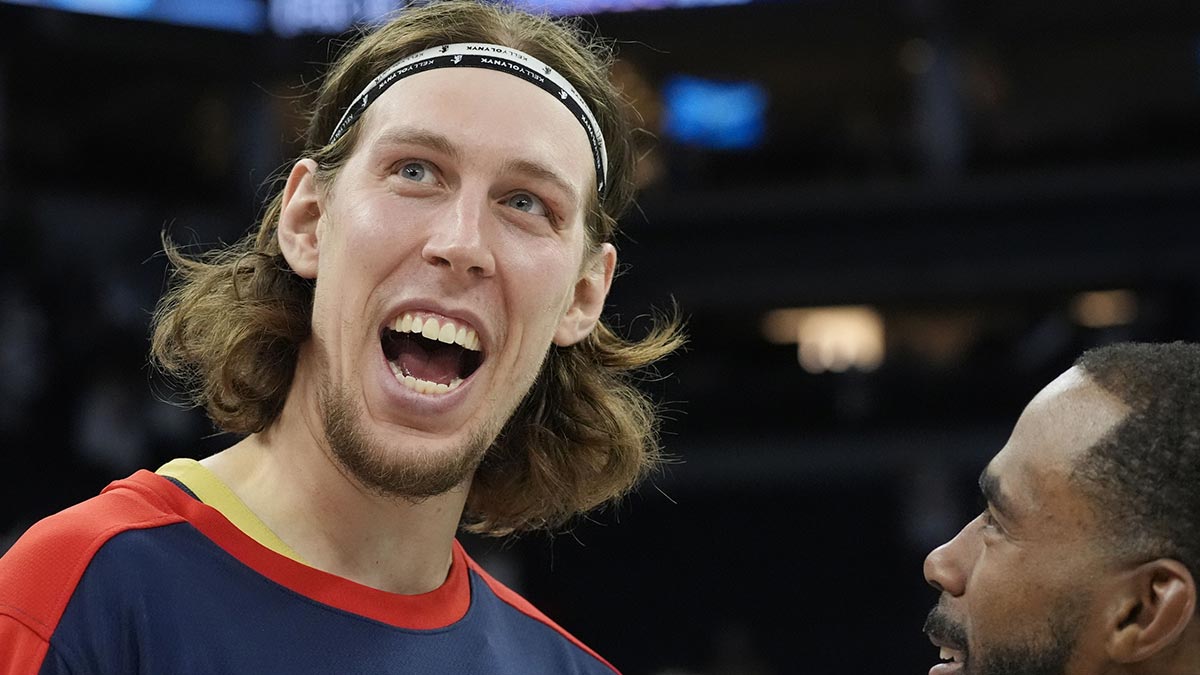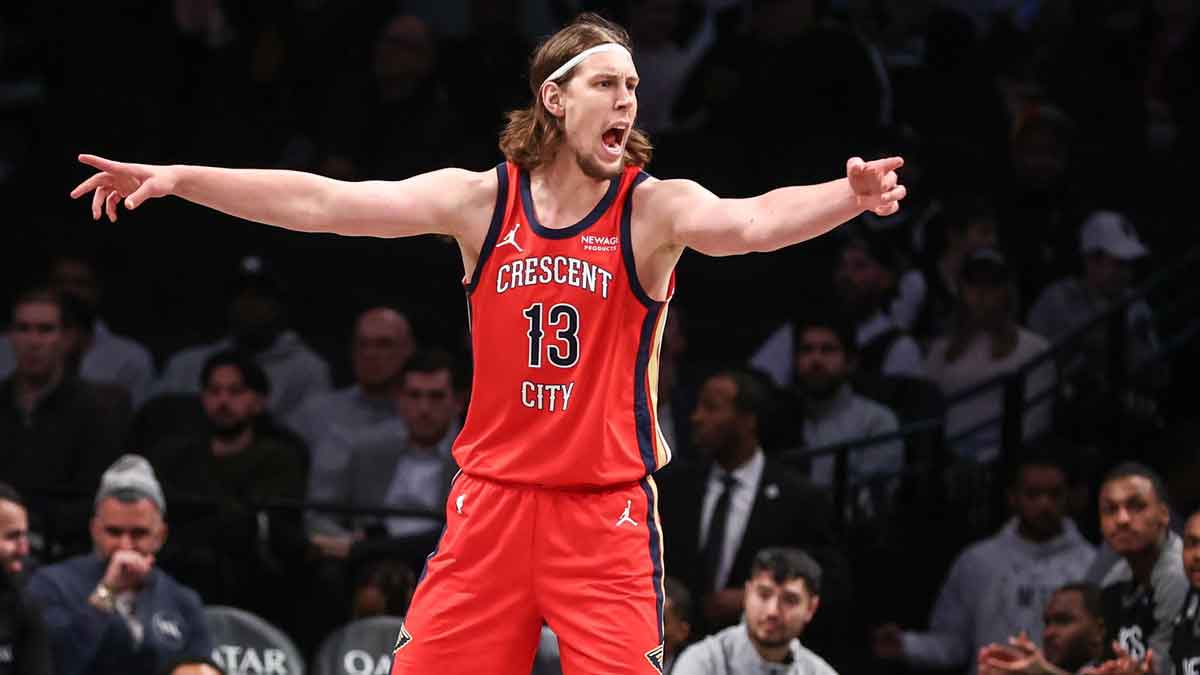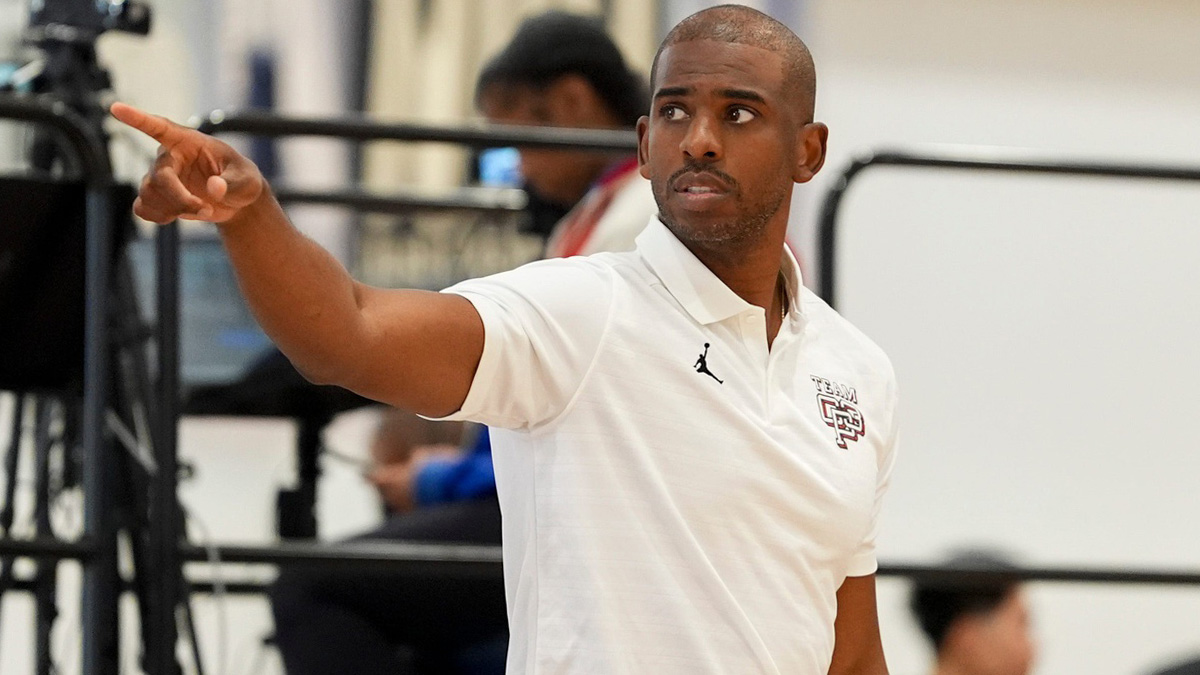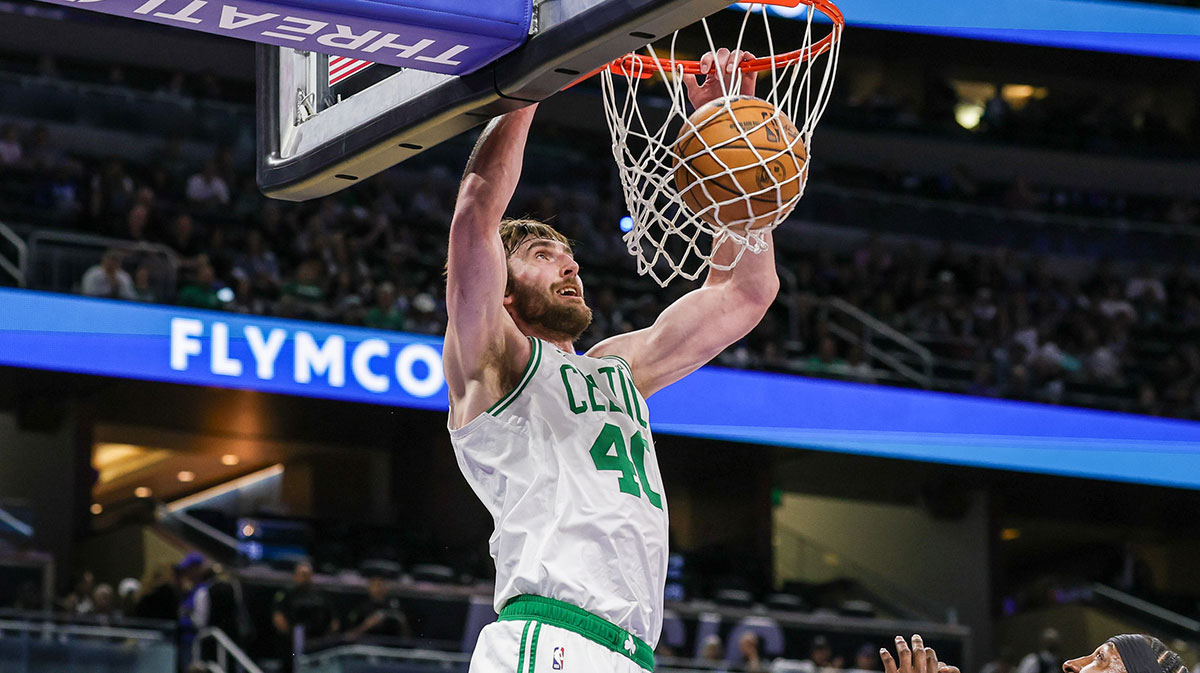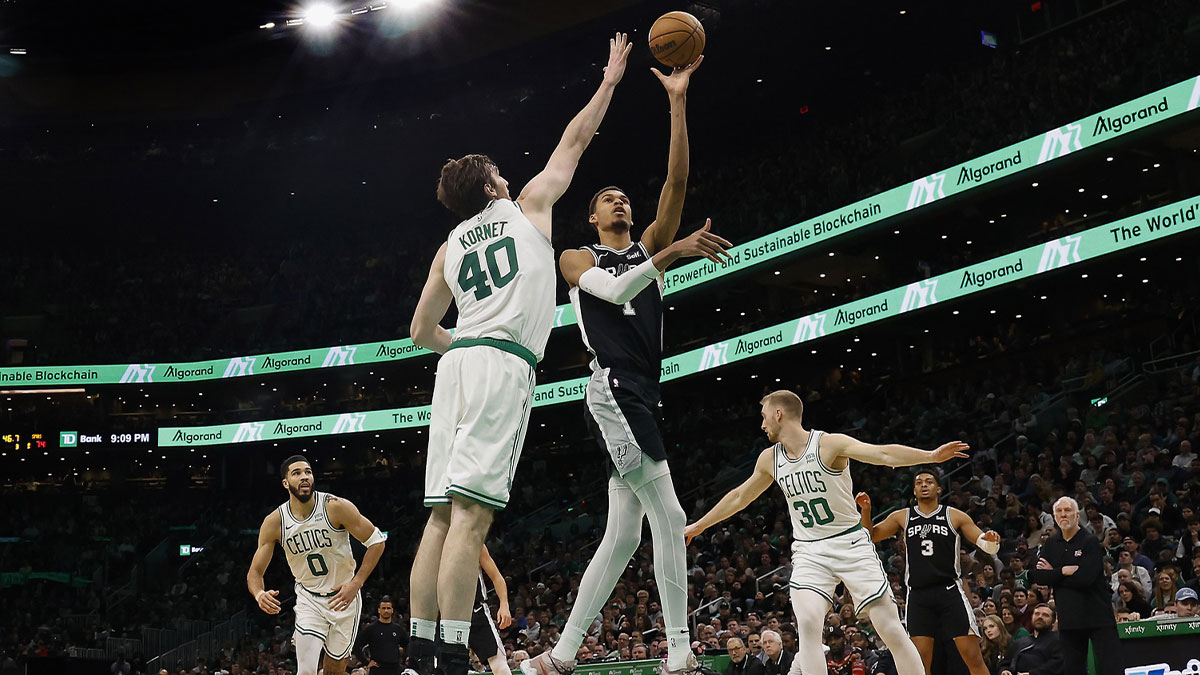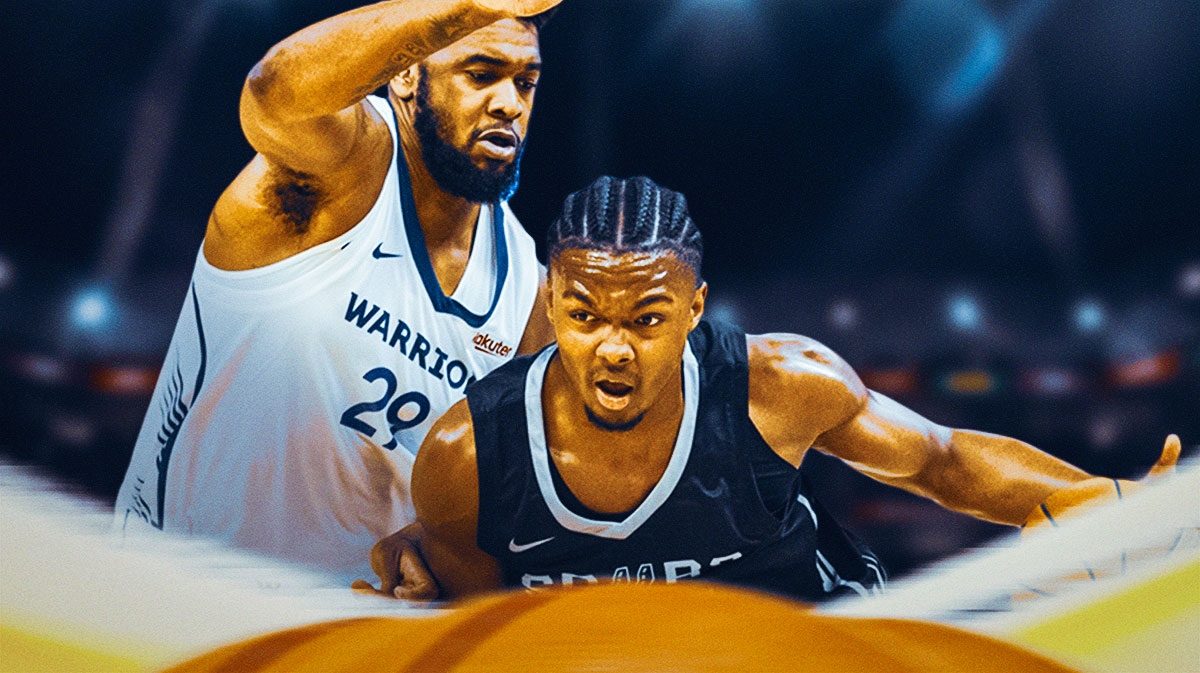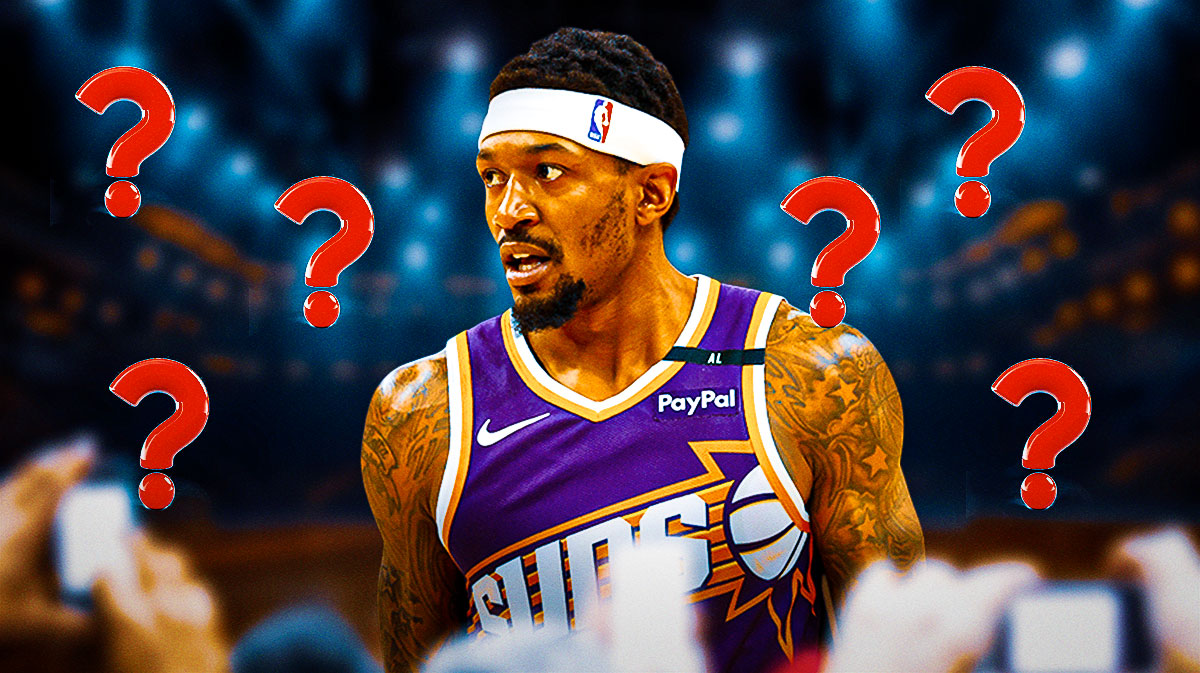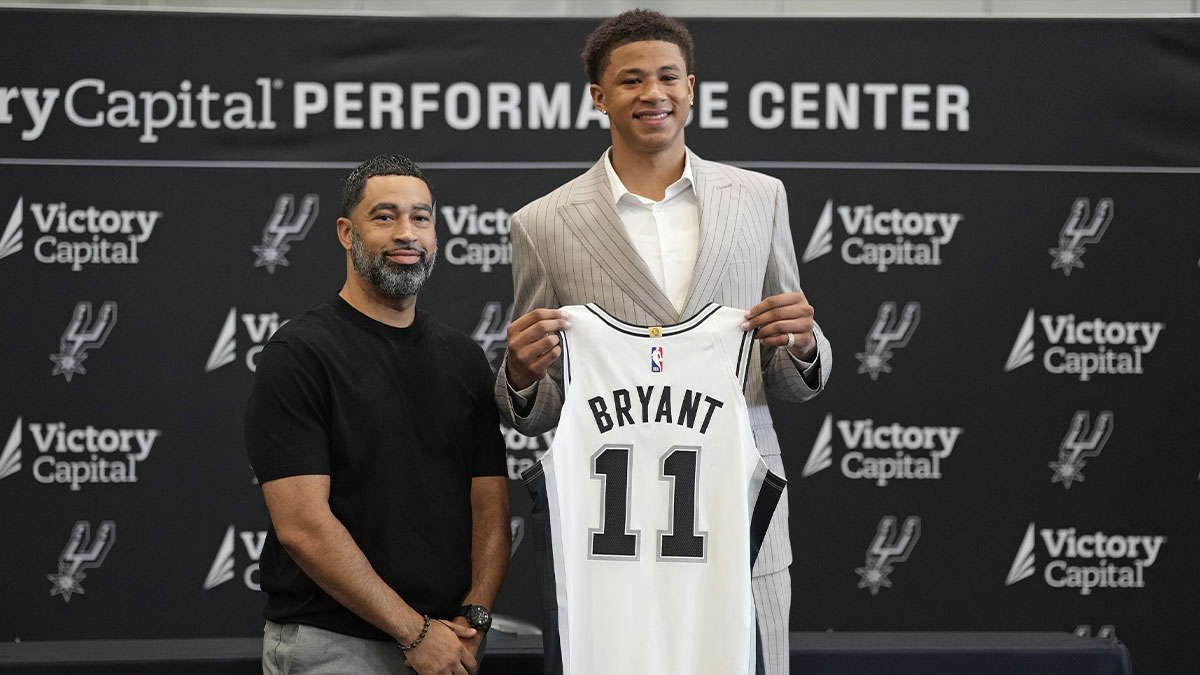Ron Artest a.k.a. Metta World Peace a.k.a. Metta Sandiford-Artest was always a fiery competitor, and he also has some hot takes off the court, including this one involving Tim Duncan:
Prove to me that Tim Duncan is not top two players of all time
— Metta World Peace (@MettaWorld37) April 22, 2021
This is an interesting opinion because Duncan is seldom mentioned in GOAT debates. Duncan spent 19 years in the league, all with the San Antonio Spurs. That is a long time and is a career older than some draft picks.
In nearly two decades, Duncan was instrumental in winning five championships. His first one was in 1999 when he and legendary center David Robinson formed the vaunted Twin Towers duo and were a deadly combination inside the paint in every facet. In 2014, Duncan won his last one and played a smaller role with limited minutes. Nevertheless, he was still an effective operator and averaged 16.3 points, 9.2 boards, 2.0 assists, and 1.3 blocks during the playoff run.
At the end of his illustrious career, Duncan boasted regular-season averages of 19.0 points, 10.8 rebounds, 3.0 dimes, and 2.2 blocks, with slight upticks in those numbers in the postseason. He won three Finals MVPs and two league MVPs along with a host of other accolades.
Despite all this, Tim Duncan is typically credited with being the greatest power forward of all time and nothing more. Below are five reasons why.
1. Style of Play
When you think of Michael Jordan's plays, images of his gravity-defying dunks, acrobatic finishes, and smooth mid-range jumpers come to mind. Kobe's memorable plays are similar in that he was also a mid-range assassin and had so many clutch moments. LeBron James at age 36 still regularly churns out highlight reels. His explosive dunks, especially in transition, and ridiculous chase-down blocks are a sight to behold.
However, a Tim Duncan montage is full of bank shots, layups, dunks with little to no elevation, and more bank shots. Not exactly the video you share to get someone hooked on basketball. He is known as The Big Fundamental, after all.
Duncan played an effective and quiet brand of basketball. Before you knew it, he had already dropped a double-double.
2. Personality
Compared to the other players discussed as GOATs, Tim Duncan was much more reserved throughout his playing days. He was quiet and didn't have much of a public persona. If social media were prevalent throughout his playing days, it would be shocking to see him active on Twitter.
Since he was so discreet, he was not the hot topic of news or the general public compared to the other greats.
3. Small Market
Chicago Bulls. Los Angeles Lakers. Cleveland Cavaliers. Miami Heat. These are the teams that Jordan, Bryant, and James suited up for. Three of these are glamour markets, and LeBron was a hometown player in Cleveland, which helped with that market.
Meanwhile, Tim Duncan played his heart out in San Antonio, which is a much smaller market. Had he played for other teams in-state like the Dallas Mavericks or Houston Rockets, maybe he would have been more popular.
4. Shoes
This is a shallow reason, but footwear has grown to be closely related to basketball culture. Air Jordans, Kobes, and LeBrons are some of the most desired shoes around. MJ is still making a fortune from his shoes, despite retiring long ago.
Signature shoes are a part of a player's legacy and drastically affect his popularity. Even Magic Johnson and Larry Bird had the Converse Weapons. Unfortunately, Tim Duncan's kicks were not marketable, which is consistent with the notion that “big men don't sell shoes.”
5. Elite teammates and system
Kobe, Jordan, and LeBron had superstar teammates and in their best years had a solid supporting cast around them.
Tim Duncan had all-time greats as teammates too in Tony Parker, Manu Ginobili, and Robinson, plus Kawhi Leonard later in his career. The main difference between Duncan and those in GOAT conversations is that his Spurs teammates were consistently considered close to his level. It felt like it was always the Big Three or the Twin Towers and not Duncan, some All-Stars, and a bunch of role players. The numbers showed that Duncan was the best player on those Spurs squads, but the narrative did not highlight that. When it comes to deciding who the GOAT is, stats and awards do not always trump the stories behind the players.
You can argue that the three in GOAT talks had a similar treatment in some years, but not to the extent and duration of Duncan.
Further, San Antonio had this mystique about them that emphasized team ball above all. Those Spurs teams under Gregg Popovich showcased some of the most beautiful basketball ever with their fluid passing and clockwork precision. In these possessions, it was almost as if every player had to get their hand on the ball at least once.
This focus on the team inadvertently took away the spotlight from Duncan's individual brilliance. With Tim Duncan's personality, though, he probably did not even mind.

